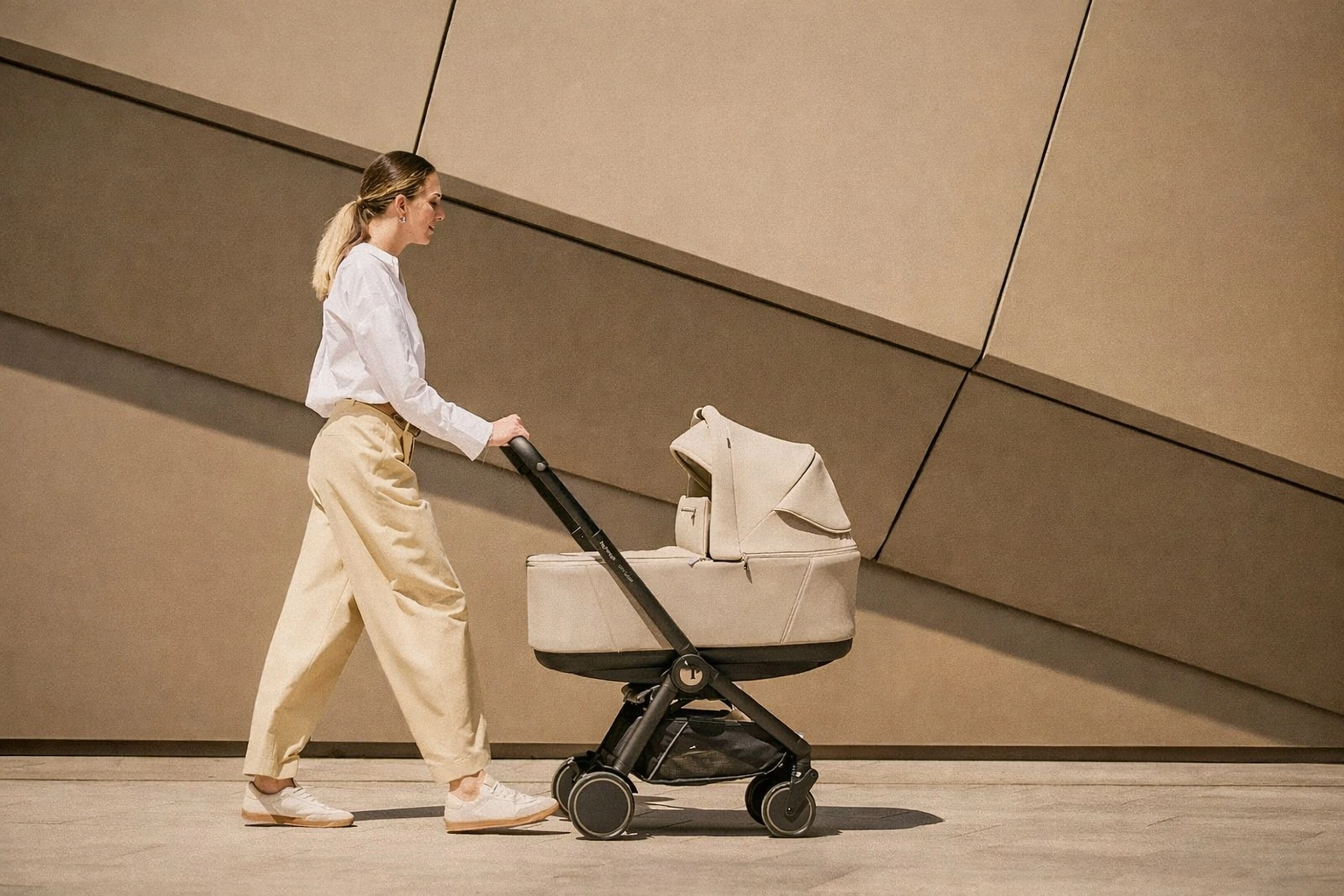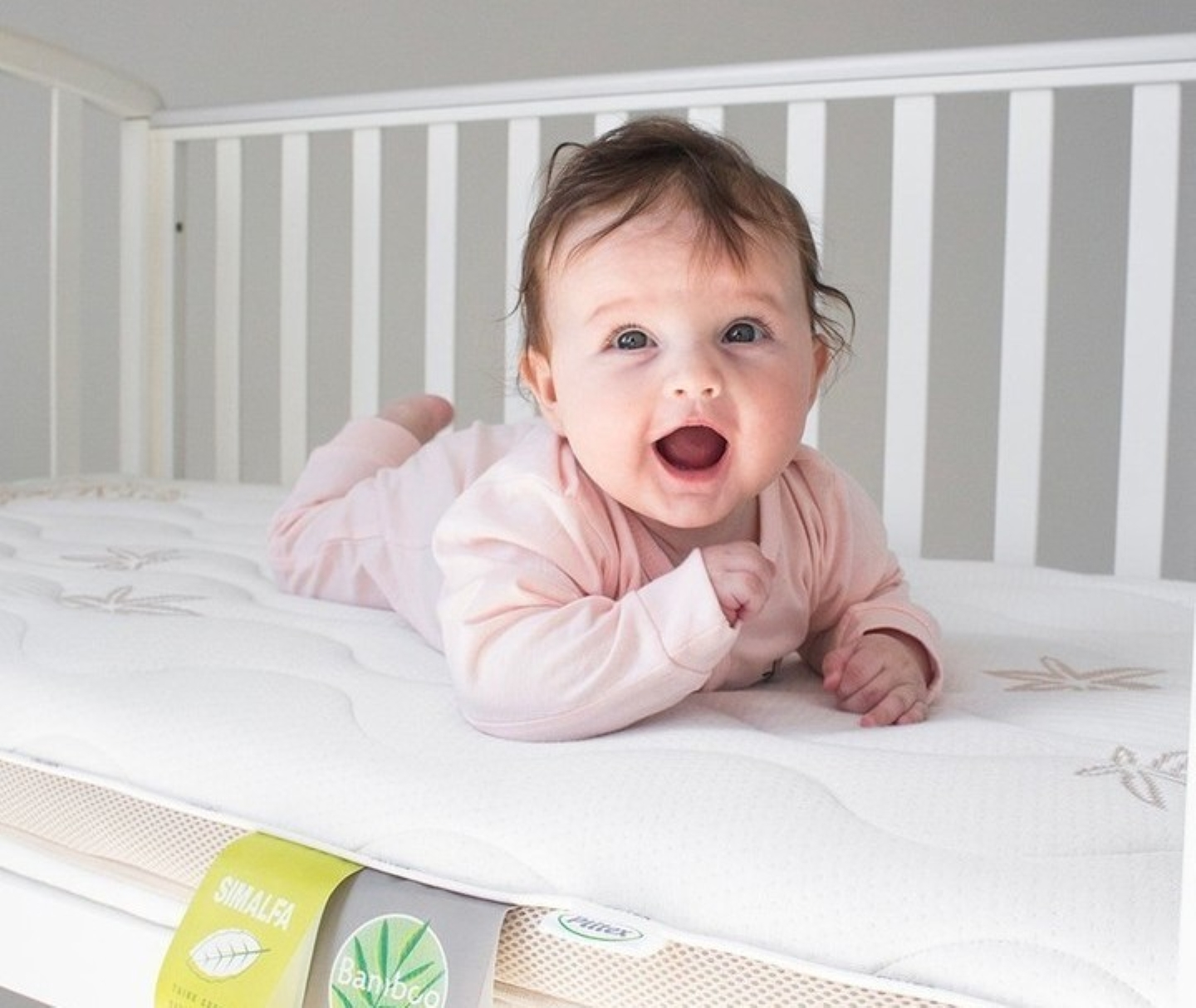How to Create the Perfect Study Corner for Your Child with Montessori Furniture

With the start of the new school year come new responsibilities, especially for parents of first-graders. One of the key aspects of preparing for school is creating a cozy study area in the child's room. A well-organized space helps a child focus on their studies and fosters a curiosity for learning.
The study area is where the student will spend a lot of time, so it's important to carefully arrange it. Dedicating a specific area for studying will help the child concentrate and avoid unnecessary distractions.
Both learning and play require a comfortable, pleasant space that meets the child’s needs. You can start by choosing the right desk and chair. Comfortable kids furniture is essential to provide support and ensure the child doesn’t tire too quickly.
Having their own study space motivates the child to be independent and responsible. Montessori furniture can be particularly helpful, as it encourages learning and development in a free and supportive environment.
A Montessori desk is perfect for setting up a child’s first study corner. This method is focused on independence, freedom of choice, and tapping into the child’s natural curiosity.
Equally important is a comfortable wooden chair to complete the study area. This furniture set helps develop cognitive skills and makes both study and play more engaging and enjoyable.


